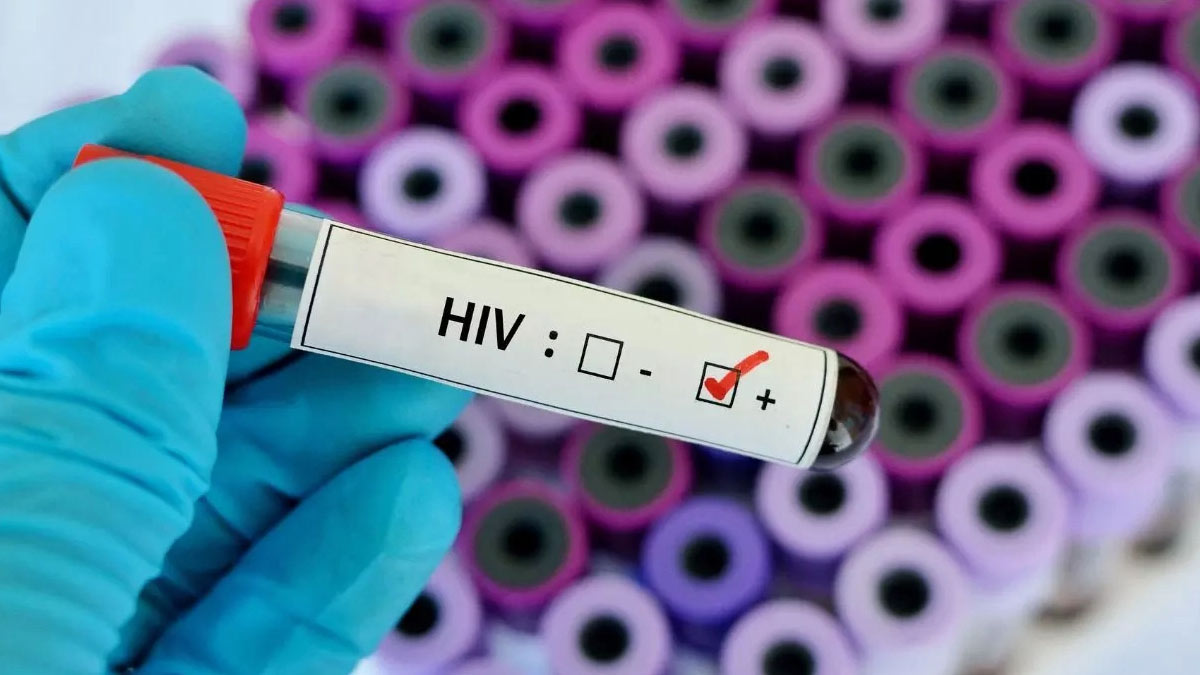
Recent headlines have drawn attention to a deeply concerning issue in Tripura: the rising number of HIV cases among students. According to the Tripura State AIDS Control Society (TSACS), 828 students have been diagnosed with HIV, and tragically, 47 have succumbed to the virus. This revelation has sparked widespread concern and debate across India, shedding light on the pressing need for effective HIV prevention and treatment strategies in the region.
Table of Content:-
Data Collection and Reporting
TSACS has meticulously collected data from 164 health facilities across Tripura, encompassing all blocks and subdivisions. They identified students from 220 schools and 24 higher education institutions who have been using injectable drugs, which is a significant factor in the spread of HIV. This comprehensive data collection aims to provide an accurate representation of the HIV situation among the student population in the state.

Socioeconomic Factors and HIV Transmission
A significant finding from the TSACS report is that many affected students come from affluent families. These families, often with both parents employed in government jobs, may inadvertently enable their children's drug use due to their ability to fulfill their demands without question. This highlights a critical socioeconomic dimension to the HIV epidemic in Tripura, where parental oversight and awareness play a crucial role in prevention.
Also Read: Health Dept Steps Up As Cholera Outbreak Hits Private Care Home In Kerala
Government Clarification on HIV Data
Following the release of the report, the Tripura government clarified the figures to provide context and prevent public panic. The 828 students diagnosed with HIV span a period of 25 years, from April 1999 to May 2024. This long-term data perspective shows that while the numbers are alarming, they are not indicative of a sudden surge in HIV cases. As of the latest reports, 572 of these students are still alive, and the government continues to monitor and support their health needs.
It is reported that, Tripura has 828 students registered as HIV positive and 47 of them died.
— Health & Family Welfare Department (@HFWDTripura) July 9, 2024
This report is misleading because the total figures are cumulative from April, 2007 to May, 2024. Please note it as official clarification from Govt of Tripura
Historical Context and Government Response
The Tripura State AIDS Control Society (TSACS) has been active since April 1999, implementing the National AIDS Control Programme as per guidelines from the National AIDS Control Organisation (NACO). TSACS has been providing free Antiretroviral Therapy (ART) to all 828 registered students, a crucial step in managing HIV and improving the quality of life for those affected. Despite these efforts, the loss of 47 students underscores the ongoing challenges in combating HIV/AIDS.
Also Read: Two More Expecting Moms And Teen Contract Zika In Pune, Total Tally Rises To 15
Recent Trends in HIV Infections
The data from recent years indicate a concerning trend in new HIV infections. In the 2022-23 period, 1,847 new HIV cases were reported in Tripura, with a positivity rate of 0.89%, resulting in 67 deaths. The following year, 2023-24, saw a slight decrease in new cases to 1,790, but the positivity rate increased to 0.92%, with 44 deaths reported. These statistics highlight the persistent threat of HIV and the need for continuous public health efforts.
Misleading Claims and Media Reactions
In response to media reports, the Health Ministry and TSACS have emphasized that the figures presented cover a long-term period and are not indicative of a sudden epidemic. They stress the importance of accurate reporting and public understanding to avoid unnecessary alarm. The cumulative data represents the total number of students who have received HIV diagnoses and treatment over the years, rather than a recent spike in cases.
The Path Forward
Addressing the HIV epidemic in Tripura requires a multifaceted approach, including enhanced public awareness, better drug abuse prevention programs, and robust healthcare support for those affected. The government and health authorities must continue their efforts to provide accurate information, dispel myths, and implement effective prevention and treatment strategies.
Bottomline
The situation in Tripura serves as a stark reminder of the ongoing battle against HIV/AIDS in India. While the figures reported are concerning, it is crucial to understand the historical context and the efforts being made to combat the epidemic. The Health Ministry's dismissal of misleading claims highlights the need for accurate information and continued vigilance in the fight against HIV. Public health initiatives, combined with community support and awareness, are essential to address the challenges posed by HIV and ensure a healthier future for all.
Also watch this video
How we keep this article up to date:
We work with experts and keep a close eye on the latest in health and wellness. Whenever there is a new research or helpful information, we update our articles with accurate and useful advice.
Current Version